Animal recognition Extra Challenge Worksheets for 3-Year-Olds
7 filtered results
-
From - To
Introducing our "Animal Recognition Extra Challenge Worksheets for 3-Year-Olds"! Designed specifically for curious young learners, these worksheets engage children with fun, interactive activities that enhance their animal recognition skills. Featuring a variety of appealing illustrations, each sheet encourages critical thinking as kids identify, classify, and match animals. Perfect for home or classroom use, these extra challenge worksheets provide a delightful way to promote cognitive development while fostering a love for wildlife. Whether your child is coloring, tracing, or learning to name different animals, they will enjoy exploring the animal kingdom in a hands-on, educational manner. Perfect for adventurous little minds!
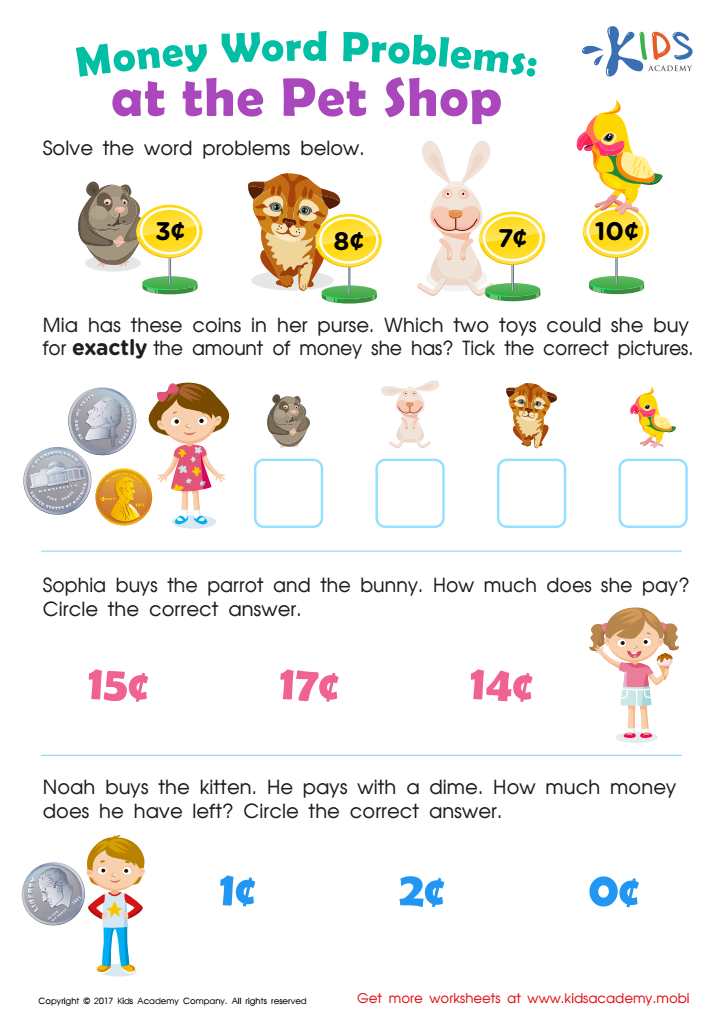

Pet Shop Worksheet
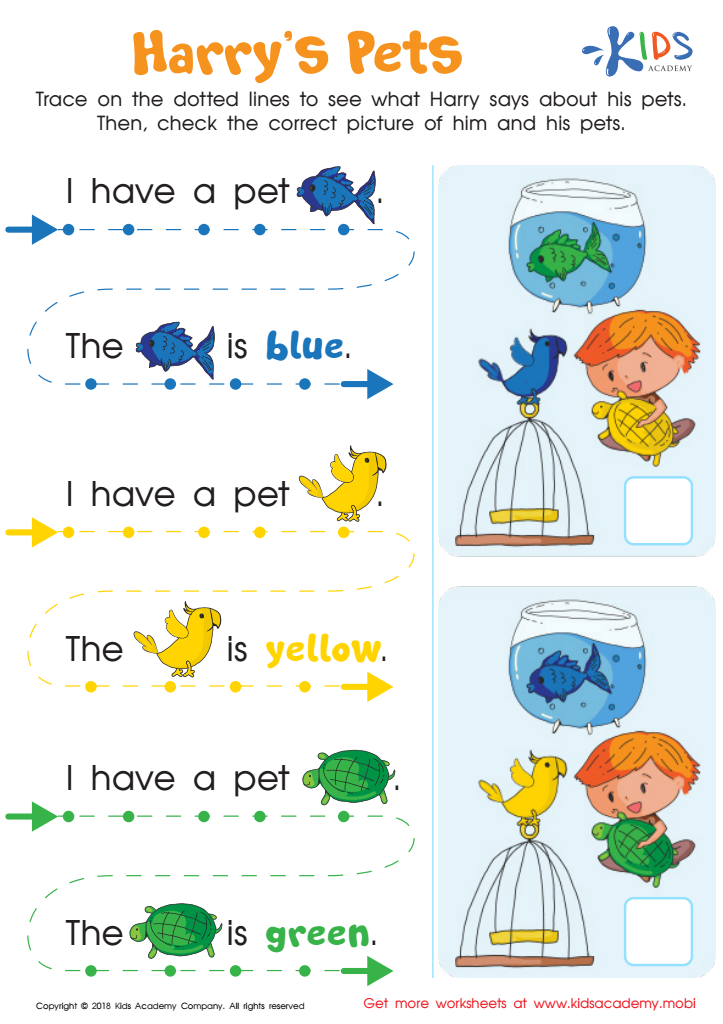

Read from Left to Right: Harry's Pets Worksheet
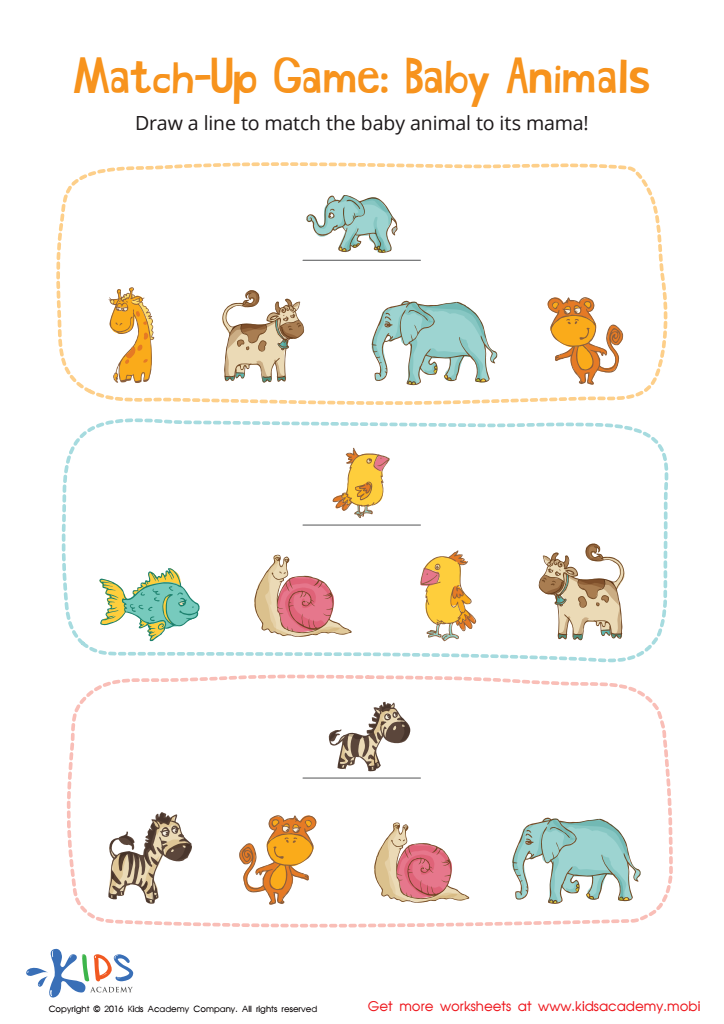

Baby Animals Match-Up Worksheet
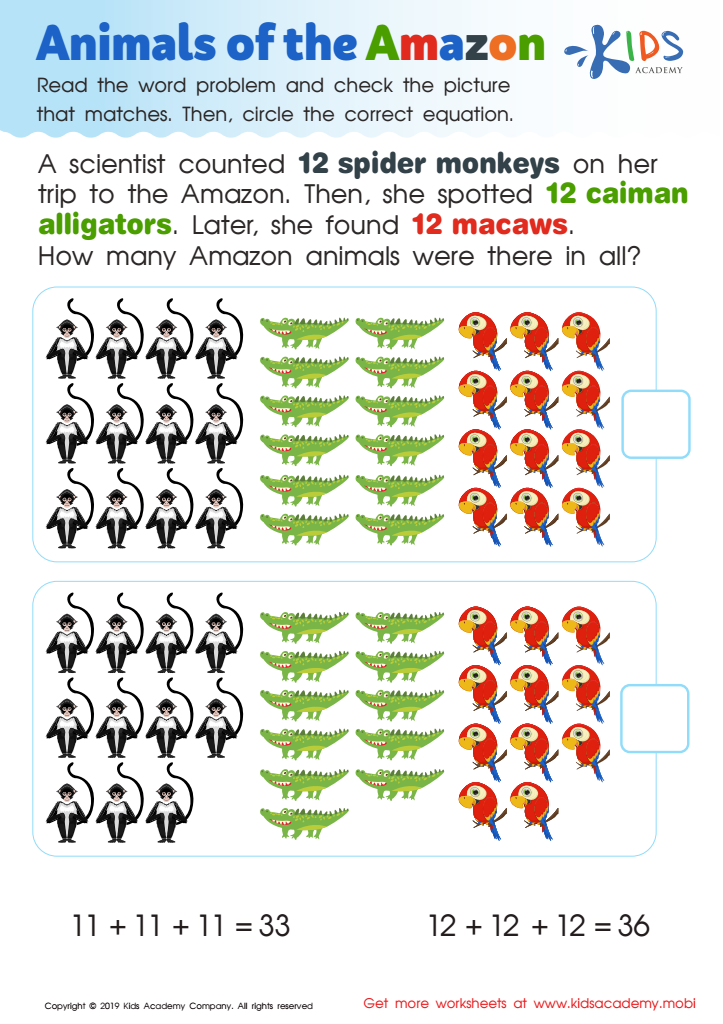

Animals of Amazon Worksheet
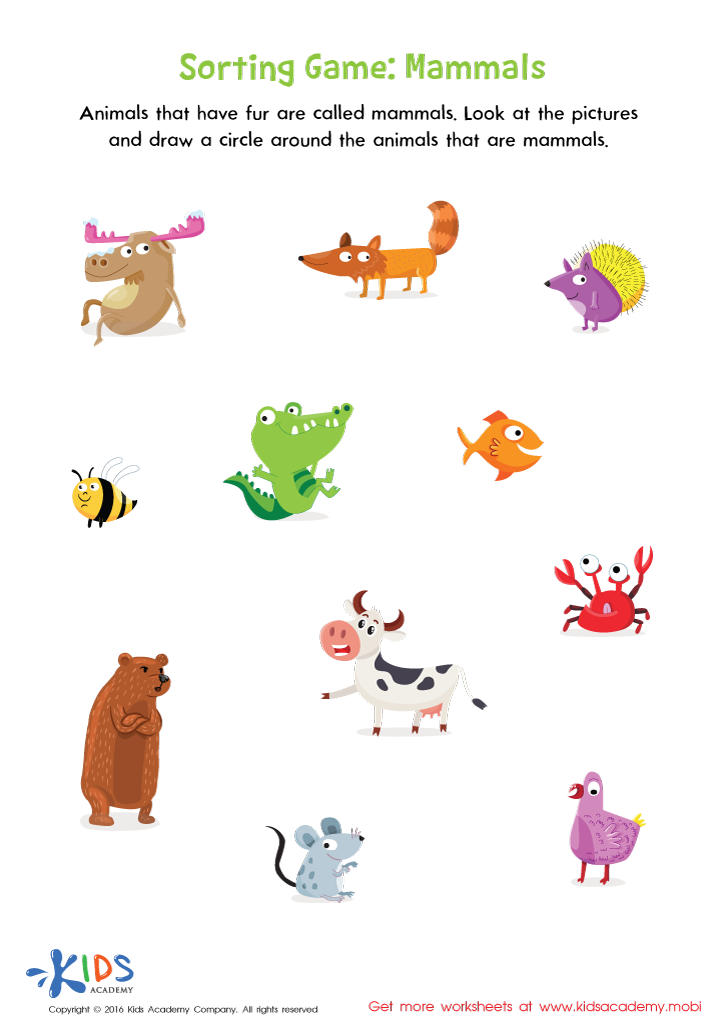

Mammals Sorting Worksheet
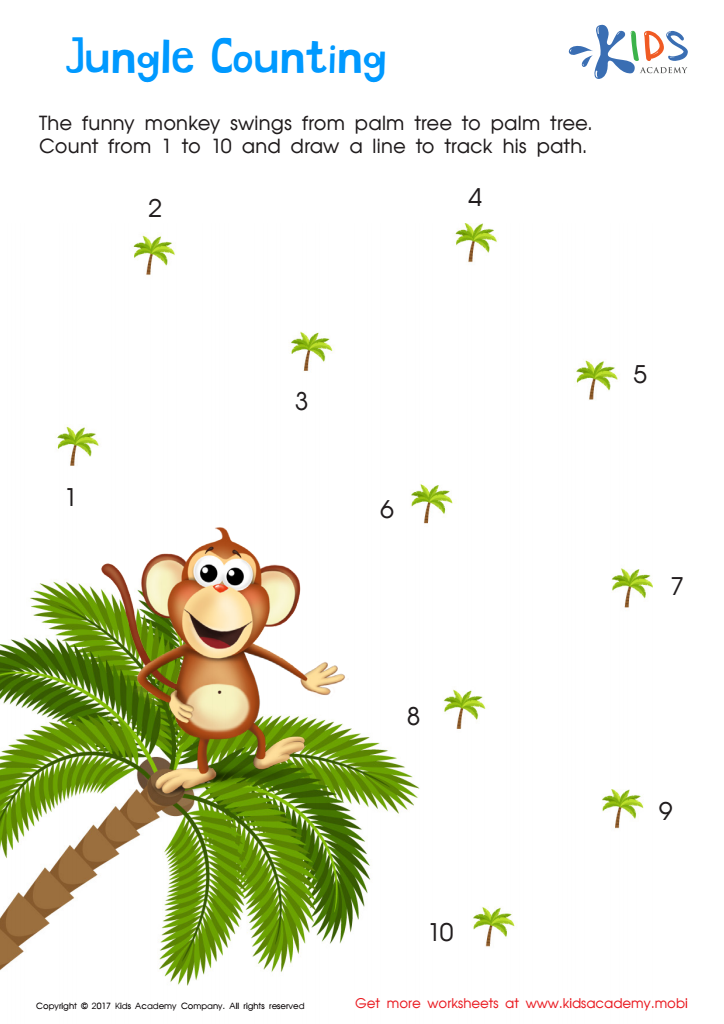

Jungle Counting Connect Dots Worksheet
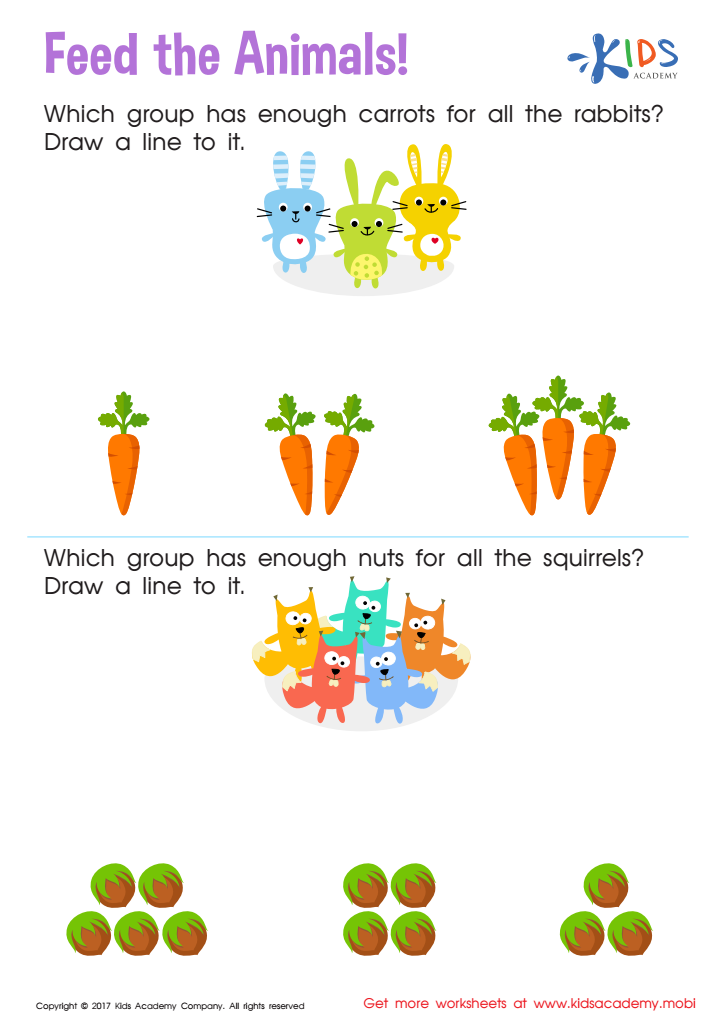

Count and Match: Feed the Animals Worksheet
Animal recognition activities for three-year-olds play a pivotal role in early childhood development and learning. Parents and teachers should prioritize such challenges because they enhance a child's cognitive, emotional, and social skills.
Firstly, recognizing different animals fosters cognitive development, encouraging memory, attention, and classification skills. Children learn to categorize animals by characteristics such as color, size, and habitat, promoting critical thinking and problem-solving abilities.
Moreover, these activities help children cultivate an understanding of the natural world. By recognizing animals and discussing their traits, families and educators can instill a sense of environmental awareness and empathy towards living creatures, teaching kids about biodiversity and conservation from an early age.
Additionally, animal recognition often leads to rich conversations between children and adults, enhancing language acquisition, vocabulary, and storytelling skills. This interaction nurtures emotional connections and encourages open communication.
Finally, engaging in animal recognition through interactive games or hands-on activities can be fun and rewarding, creating joyful learning experiences that bond parents and children or teachers and students, fostering a supportive learning environment.
In summary, allowing toddlers to engage in animal recognition challenges nurtures their growth intellectually, socially, and emotionally, paving the way for holistic development.
 Assign to My Students
Assign to My Students














